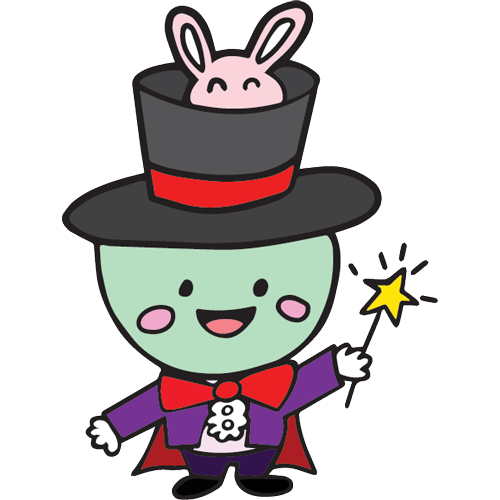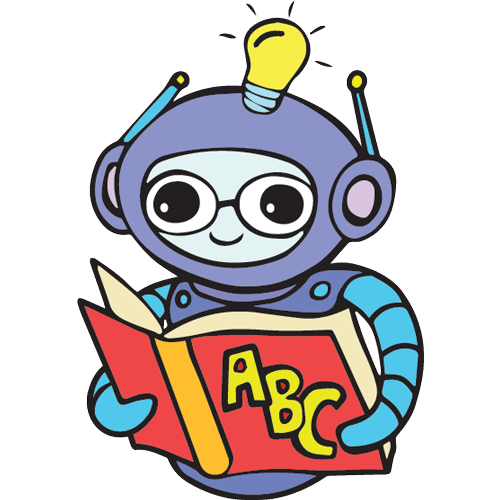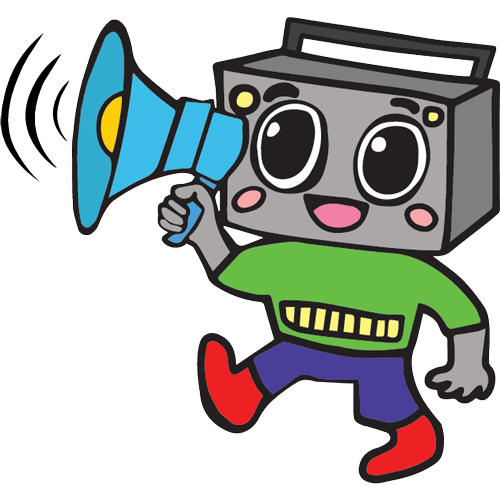Receptive Language Delay Treatment in New York
Treating Receptive Language Disorder at Open Lines®
Communication lies at the very core of the human experience. At Open Lines® Speech and Communication PC, we recognize the vital role communication plays in shaping our experiences and connections with the people and world around us at every stage of life which is why we are so passionately committed to helping individuals and families navigate the challenges that can accompany a receptive language disorder. When children encounter challenges in comprehending or expressing language, it is identified as a receptive-expressive language delay or disorder. Both the ability to understand and effectively communicate thoughts and ideas are fundamental to achieving proficiency in reading comprehension and written expression. For these reasons early intervention is strongly advised to provide necessary support for comprehensive language and literacy development.
What Is Receptive Language Disorder?
Receptive language disorder is a communication disorder that primarily affects a person’s ability to understand and comprehend spoken or written language. It is characterized by difficulties in processing and interpreting verbal and nonverbal information, including spoken words, gestures, facial expressions, and written text.

Individuals with a receptive language disorder may have trouble understanding and following directions, responding appropriately to questions or comments, grasping the meaning of spoken or written information, and acquiring age-appropriate vocabulary, concepts, and grammar skills. They may struggle to comprehend complex sentences or abstract concepts and often exhibit delays in language development compared to their peers. Children with delays or weaknesses in understanding and processing information usually exhibit delays in expressive modalities as well including difficulties talking using age-appropriate grammar and sentence complexity, building vocabulary, and developing literacy skills. This is because children typically need to understand a word’s meaning or concept before they can integrate it into their vocabulary and everyday speech.
A receptive language disorder can occur in isolation or co-occur with other developmental conditions, such as autism spectrum disorder, fragile X syndrome, or downs syndrome. The exact causes of receptive language disorder are not fully understood but may involve a combination of genetic, neurological, and environmental factors.
Many highly successful treatments exist to address a receptive language disorder with many children acquiring learning strategies that help them develop skills commensurate to their peers. Treatments almost always involve diagnosis and skilled intervention by a licensed speech-language pathologist whose expertise are founded in the science of language learning and development.
While early intervention is crucial in addressing the challenges associated with a receptive language disorder and promoting optimal communication skills as quickly as possible, life-changing gains can be made at any age!
Symptoms of Mixed Receptive-Expressive Language Disorder
Signs and symptoms of a receptive language disorder may include one or many of the following characteristics and will vary in severity from person to person. A comprehensive evaluation by a speech-language pathologist is necessary to diagnose the disorder and can help determine the precise nature of your child’s challenges and strengths.
- Difficulty understanding spoken language: Individuals with receptive language disorders may struggle to comprehend verbal information, including simple instructions, questions, or conversations. They may have trouble following directions and understanding the meaning of words and sentences. This could look like a child not responding or paying attention, appearing confused, or carrying out incorrect or incomplete directions.
- Challenges with written language: Reading comprehension can be challenging for individuals with receptive language disorder. They may have difficulty understanding written text, including books, assignments, or written instructions. They may struggle to interpret a text’s meaning and respond incorrectly to text-related questions.
- Limited vocabulary: Children may exhibit a smaller vocabulary compared to their peers of the same age. They may struggle to learn new words and have difficulty using and recalling words appropriately.
- Trouble with sentence structure and grammar: Receptive language disorders can impact the understanding and use of grammar rules and sentence structure. Individuals may have difficulty comprehending complex sentences and using appropriate grammar in their own speech.
- Difficulty following conversations: Individuals may struggle to follow and participate in conversations, particularly when multiple people are speaking or when the conversation is fast paced. They may have trouble discerning important details or understanding the context of the discussion.
- Challenges with nonverbal communication: Receptive language disorder can also affect the understanding of nonverbal cues, such as body language, facial expressions, and gestures. Individuals may have difficulty interpreting these cues accurately, leading to potential misunderstandings in social interactions.
- Delayed language development: Children with receptive language disorder may exhibit delays in language acquisition and development compared to their peers. They may reach language milestones later and have ongoing difficulties with language skills as they grow older.
Speech Therapy for Receptive Language Disorder
If you have concerns about your child’s language and learning development our team of skilled and compassionate licensed speech-language pathologists is here to help! Every treatment program begins with an individualized comprehensive evaluations by one of our clinical experts to assess all aspects of your child’s language, literacy, and communication in order to determine their unique set of strengths, precise nature of their challenges and advise whether your child’s language is within developmental expectations. At Open Lines®, our clinicians can help clarify if your child needs intervention, a short-term boost and enrichment to support their learning and language acquisition or would benefit from modifications in teaching style. In some instances, children have learning preferences that may affect their focus and ability in school and may mimic some of the symptoms of a receptive language disorder. The sooner intervention is accessed, the sooner your child can start making gains and optimize their growth and learning potential.
At Open Lines®, we uphold the utmost standards of evidence-based treatment techniques engaging multisensory approaches to assist your child in reaching their treatment goals. Through enjoyable and captivating activities that inspire children, our dedicated team at Open Lines® collaborates closely with each child and their family, equipping them with valuable education and techniques necessary to actively participate in the treatment process with ease and efficiency. Ultimately, our aim is to facilitate meaningful connections through language and learning, empowering your child to thrive in academic settings, enhance their communication and social skills, alleviate the frustration that may arise from language comprehension and speaking challenges, and bolster their self-assurance along the way. Together, we will pave the path for your child’s success.
Contact Us for Receptive Language Delay Disorder Treatment
Let Open Lines Speech and Communication help your child overcome their receptive language disorder by contacting us today and setting up an appointment.
Get in Touch With Open Lines®












